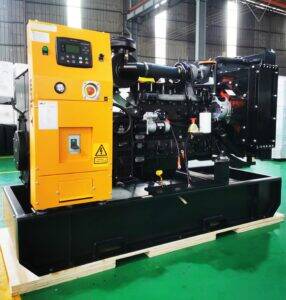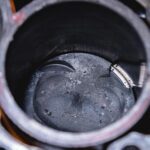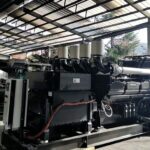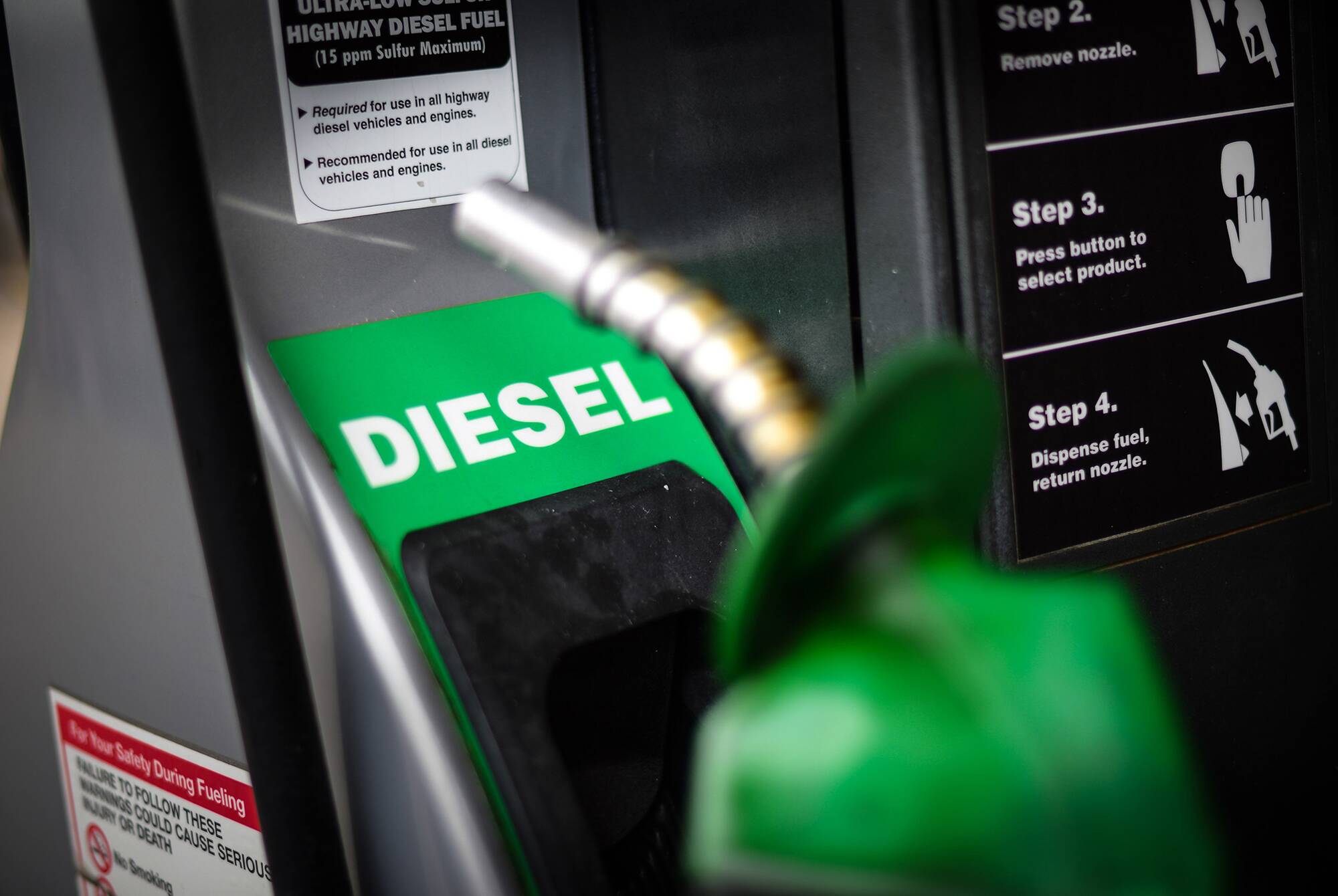
Operating a diesel generator efficiently depends on using the right diesel fuel. But, not all diesel fuels are the same. Different grades of diesel fuel impact the performance and longevity of the generator. Let’s take a look at how different grades of diesel fuel affect your generator and why choosing the right one matters.
The right diesel fuel grade helps to ensure optimal generator performance and longevity. But how do you know which grade is right for your diesel generator?
When purchasing diesel for your generator, it's important to choose the right grade for the engine’s requirements. The fuel grade determines not only the engine’s performance but also how long it can run smoothly. Let’s break down what these grades mean and which one best suits your needs.
What Are Diesel Fuel Grades?
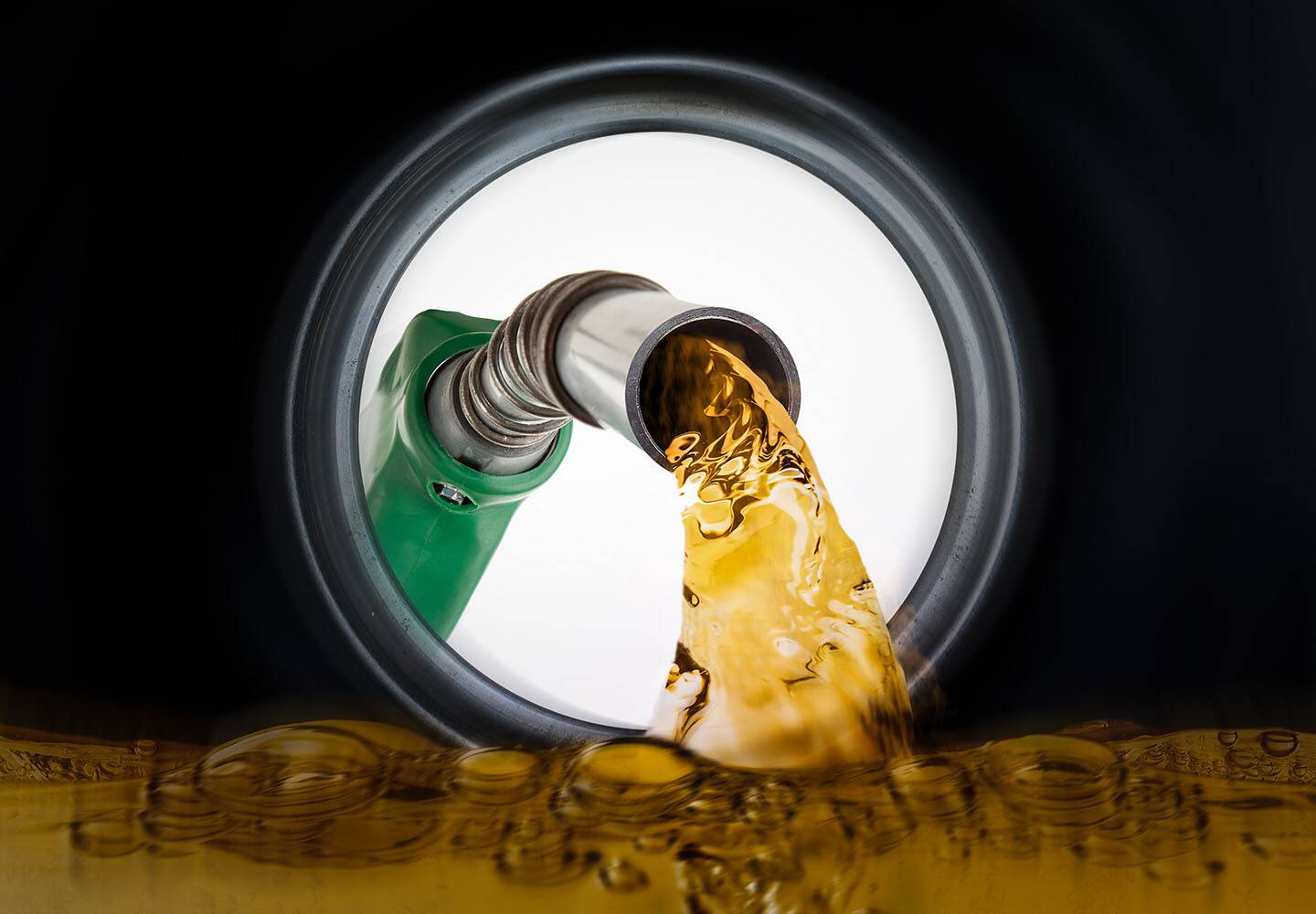
Diesel fuel comes in different grades, each suited for different types of engines and weather conditions. The most common types of diesel fuels include Grade No. 1 Diesel and Grade No. 2 Diesel. Grade No. 1 is lighter, while Grade No. 2 is heavier and more commonly used. There are also higher blends like Ultra-Low Sulfur Diesel (ULSD) that reduce harmful emissions.
The main differences between diesel fuel grades lie in their energy content, performance, and how they handle different temperatures.
Understanding the differences between these grades can help you make the right decision based on your generator’s specifications and the climate conditions in which you operate.
Diesel Fuel Grades
Grade No. 1 Diesel Fuel
Grade No. 1 diesel fuel is a light, low-viscosity fuel. It is designed to work well in cold temperatures as it flows more easily and does not thicken in winter weather. This fuel has a lower energy content compared to No. 2 diesel, meaning generators will use more fuel to produce the same amount of power.
Advantages of Grade No. 1 Diesel:
- Better flow in colder temperatures
- Less chance of fuel gelling
- Lower sulfur content
However, due to its lower energy content, No. 1 diesel fuel is often more expensive than No. 2. This is why it is typically used in colder climates or for short-term operations. For longer-term use, the cost efficiency of No. 2 diesel often outweighs the benefits of No. 1.
Grade No. 2 Diesel Fuel
Grade No. 2 diesel is the most common grade used in diesel generators. It has a higher energy content than No. 1, which means it is more efficient and costs less per kilowatt of energy produced. No. 2 diesel performs well in moderate climates and is ideal for most standard generator applications.
Advantages of Grade No. 2 Diesel:
- Higher energy content
- More cost-effective
- Works well in moderate temperatures
However, in extremely cold conditions, No. 2 diesel may thicken and cause fuel flow issues, leading to potential performance problems. This is why some generator operators will mix No. 1 with No. 2 during winter months to prevent gelling and ensure smooth performance.
ULSD (Ultra-Low Sulfur Diesel) Fuel
The advent of Ultra-Low Sulfur Diesel (ULSD) has changed the landscape for diesel generators. ULSD has significantly less sulfur content than traditional diesel, reducing harmful emissions and making it more environmentally friendly. Most modern generators are designed to operate on ULSD because of its cleaner burning properties.
Advantages of ULSD:
- Lower sulfur content reduces emissions
- Cleaner combustion
- More environmentally friendly
Though ULSD has become the standard in many parts of the world, it is important to note that some older engines may not be compatible with it. Always check your generator’s manual to ensure it is ULSD-compatible.
What Happens If You Use the Wrong Diesel Grade?
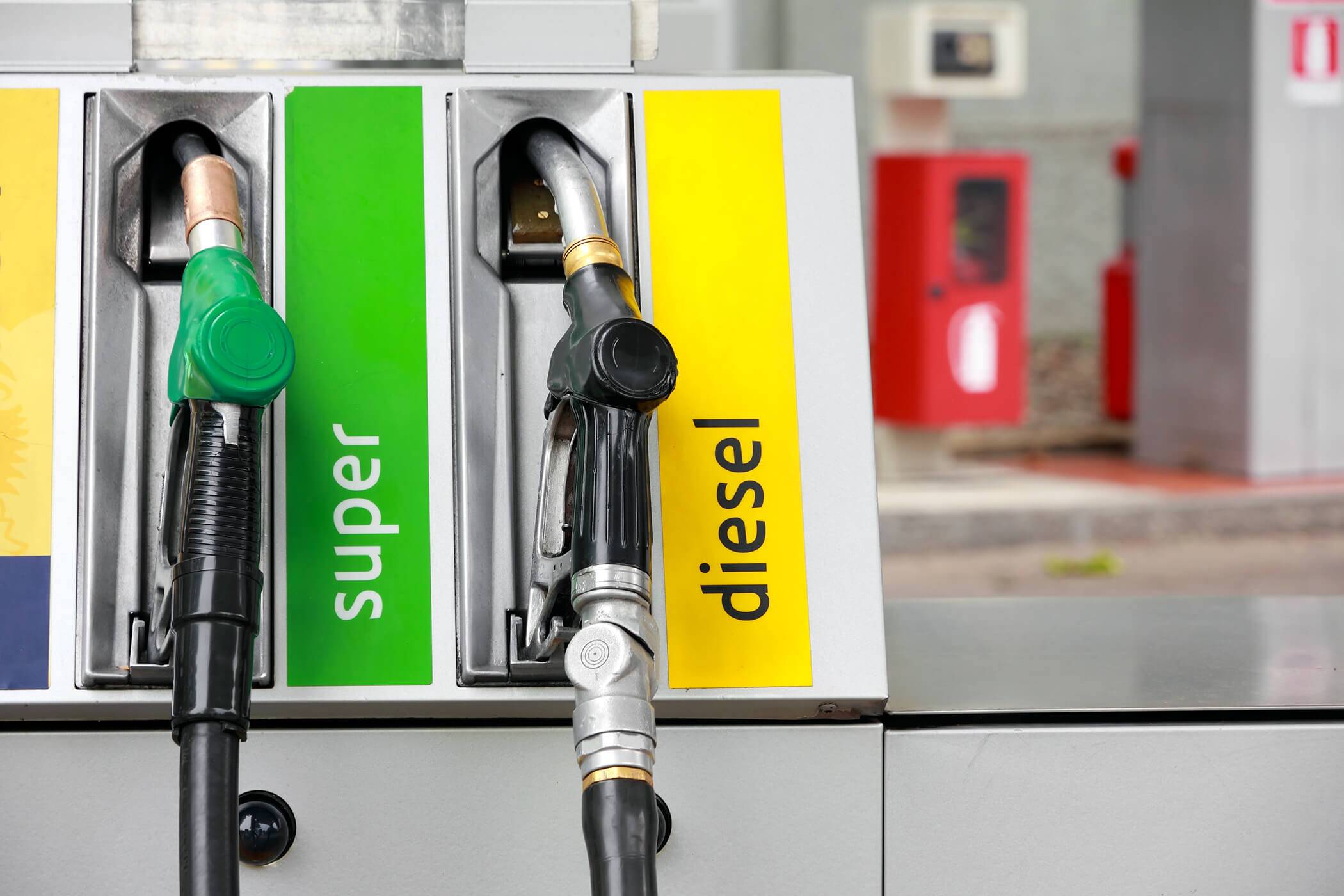
Using the wrong diesel grade can lead to various problems, including engine inefficiency, premature wear and tear, and higher fuel consumption. Choosing the wrong grade, especially in extreme temperatures, can also cause fuel gelling, clogging, or generator failure.
Using the wrong diesel fuel grade could result in engine failure, increased maintenance costs, and reduced generator performance.
Generators are designed to run on specific fuel grades for a reason. If you’ve ever experienced sluggish performance or trouble starting your generator, fuel issues could be to blame. If you're unsure, always refer to your generator's user manual for the recommended fuel grade.
How Temperature Affects Diesel Fuel
One of the most significant factors that impact the performance of diesel generators is the surrounding temperature. Diesel fuel behaves differently in cold and hot conditions. In colder climates, diesel fuel can thicken and gel, causing clogs in the fuel lines or filters. This can prevent fuel from flowing properly to the engine, leading to generator failure.
To prevent such issues, it’s important to choose a fuel grade that works well in the temperature range of your environment. Grade No. 1 diesel is excellent for winter use, while Grade No. 2 is better suited for warmer months. During extreme cold, some operators mix the two fuels to ensure the diesel doesn’t gel.
Table: Diesel Fuel Comparison
| Fuel Grade | Energy Content | Performance | Best Use Case | Temperature Suitability |
|---|---|---|---|---|
| No. 1 Diesel | Low | Great in cold temperatures | Short-term and winter operations | Very Cold |
| No. 2 Diesel | High | Cost-effective for regular use | Standard operations year-round | Moderate to Hot |
| ULSD (Ultra-Low Sulfur Diesel) | Low sulfur content | Cleaner burning, eco-friendly | Modern engines, environmental regulations | All temperatures |
Maintenance Considerations for Diesel Fuel Grades
The type of diesel fuel you use also affects the maintenance needs of your generator. No. 1 diesel requires more frequent filter changes and maintenance due to its thinner consistency, which can allow more dirt and contaminants to enter the engine. No. 2 diesel, on the other hand, tends to leave fewer impurities, but if not maintained properly, it can still clog fuel lines and filters.
If you operate in an environment with seasonal temperature fluctuations, be prepared for regular fuel system checks. Ensure that the fuel lines and filters are in good condition, and that you’re using the right fuel for the season.
Regularly scheduled maintenance—such as cleaning fuel filters and ensuring the fuel system is clear—will help extend the life of your diesel generator.
Conclusion
Choosing the right diesel fuel grade for your generator can make all the difference in terms of performance, fuel efficiency, and generator longevity. Whether you're using Grade No. 1, No. 2, or ULSD, make sure you select the appropriate fuel for your environment and operational needs.
Buying And Technical Contact
You can contact us in many ways:
You can go to our website (URL: https://waltpower.com/contact/) and drop us a message.
You can email us:
Our Contact is: +8618717996108 (WhatsApp)

